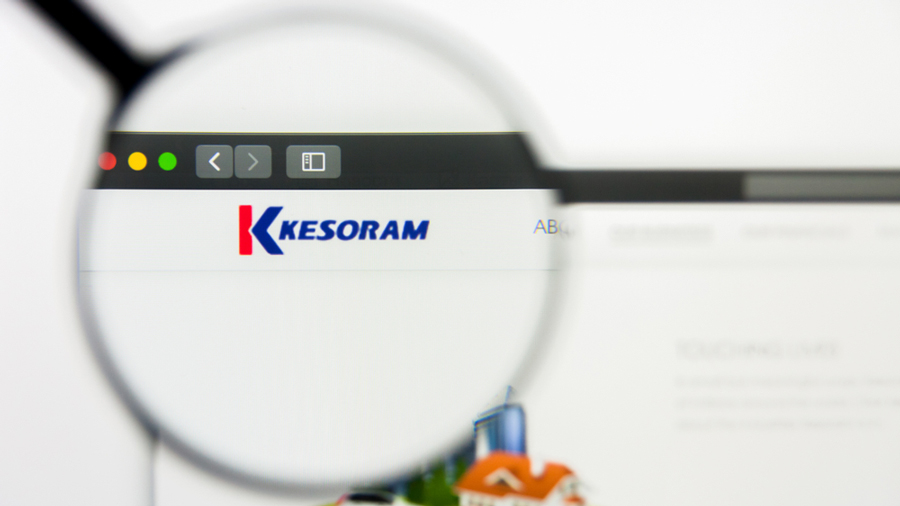Indian lenders will recover their entire exposure to Kesoram Industries as part of a one-time settlement plan.
The cash component of the recovery would be 84-85 per cent, while the rest will be paid by issuing optionally convertible preference shares. As an additional sweetener, a minor part of the loan would be converted into equity.
The proposal, as part of the RBI’s resolution plan for stressed assets, has got an in-principle approval from the Indian lenders. The board of Kesoram Industries, which formally okayed the proposal on Monday, called an extraordinary general meeting to carry out the exercise.
As part of the resolution plan, Rs 2,200 crore of non convertible/optionally convertible debentures would be raised via private placement to a clutch of overseas investors. The overseas debt will be utilised to pay off domestic lenders and leave some cash on the books.
The Kesoram board also approved the conversion of debt to equity of up to Rs 100 crore and issuance of zero coupon optionally convertible redeemable preference shares of up to Rs 500 crore.
“The exercise will improve the tight working capital position by infusing liquidity. We are hoping to complete the process by the end of December,” wholetime director and CEO, P. Radhakrishnan, said.
Kesoram, the flagship of the Basant Kumar Birla group, operates 7.25-million-tonne cement capacities in the southern market, apart from the rayon business. It has been unable to operate the plan for want of working capital.
In the past, the company took a series of measures to strengthen the balance sheet but with little success. It sold off a tyre unit located in northern India to pare debt, which was later followed by hiving off the entire tyre business, a loss making venture, into a separate company.
Promoters have also infused cash in the form of equity to strengthen the financial condition.
With this debt-swap deal, the management hopes it would be able to operate the plants fully and generate enough cash to sustain business. The company management has earlier guided that the medium-term target would be to bring down debt to Rs 1,600 crore and then to Rs 1,300 crore.










